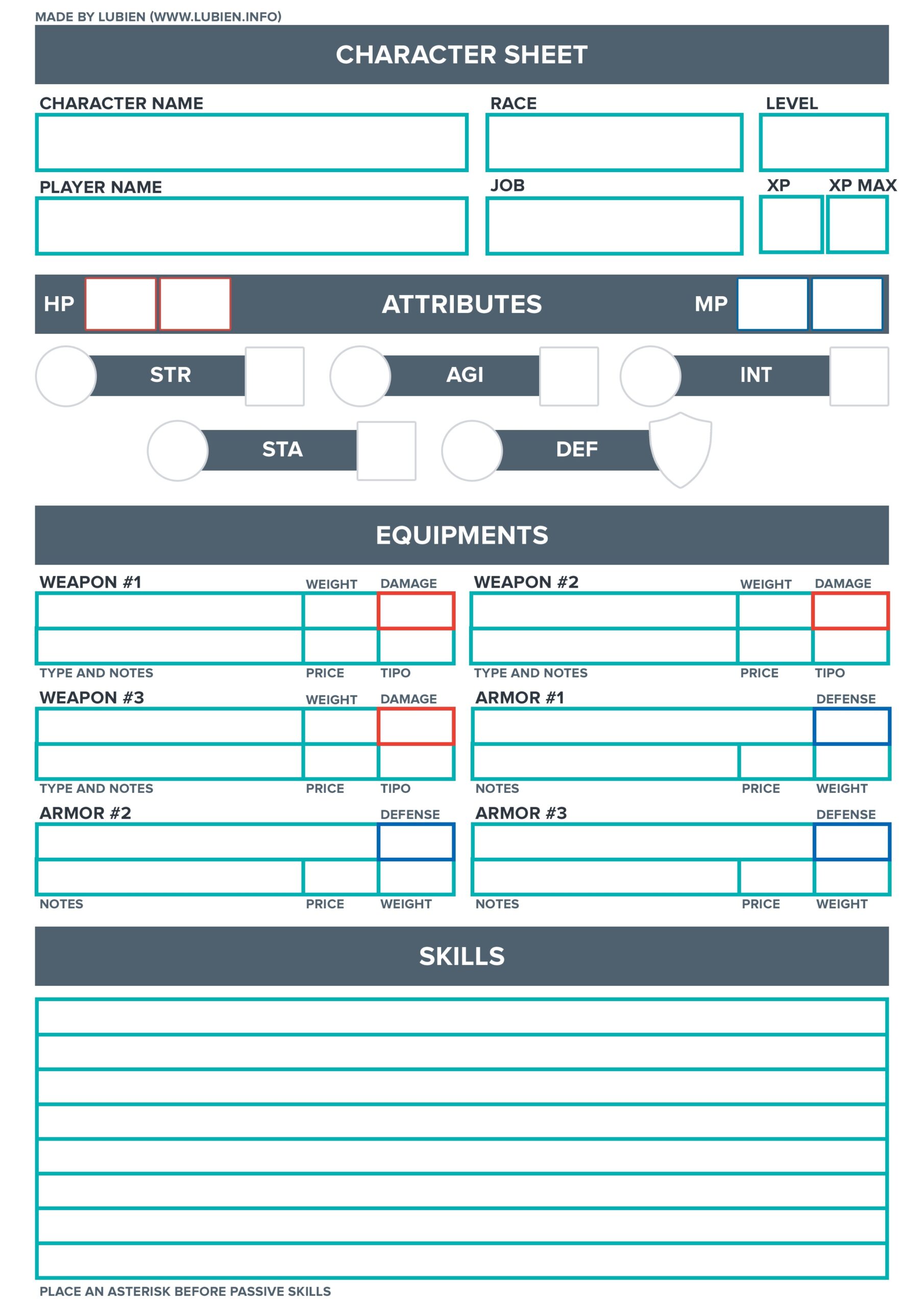
Player characters are wonderful things. They have an array of abilities, talents, and special powers that can deal with almost any situation. But not every situation needs the application of your favorite ability.
Problem-solving can take many forms, and not everything is about what special abilities you have. With so many abilities, it is easy for players to fail to see the wood for the trees. So the Gamemaster should remind them sometimes that their characters can still walk, talk, and look at stuff without needing to make a dice roll or use a superpower.
The Dungeon Dining Room Dilemma
What reminded me of this was a moment in my Dragonlance game. The player group were in a mystic dungeon being tested by the gods. They came across a dining room, the only exit for which seemed to be a plate section of floor that needed to drop down to reveal an opening on a lower level. The room itself was well decorated, with a hearth and a dining table full of food.
The way out of the room was actually very simple. Anyone eating the food would become magically heavy, and if enough of the characters ate something they could all stand on the plate and gently drop down to the exit. The effect would fade in about an hour. Did my players try that? Take a guess.
Now, to be fair, just as you learn “never split the party,” it’s a pretty good rule to “never eat or drink anything you find in a dungeon.” But there are plenty of times that isn’t true, and in module X2 Castle Amber the food gives you psychic powers! What became painful for me was that the players didn’t even consider the food to be an option and began staring at their character sheets to see what special power or ability would unlock this mystery.
Sure, the food might have been a trick, but while the player characters were happy to face monsters, dragons, and even an evil goddess, one of them taking a few experimental bites was considered way too dangerous. This was despite me reminding them that no decent dungeon would rely on one character having exactly the right spell or ability to allow them to pass. Yet still, they stared at their character sheets.
So, after what seemed like days, with them trying all manner of spells, abilities, gymnastics, and cheerleader-worthy attempts at piling people up, they finally found an answer. They used a high-level monster summoning spell to call the heaviest monster they could find, in this case a “Celestial Bison.” This poor intelligent beast was glad to be called to the prime material plane. He was ready to lend all his holy strength and power in the service of the good gods and do battle serving the greatest heroes of Ansalon…
Instead they just said, “Can you just stand over there, mate? Cheers.” Bound by the ancient pacts of service in the cause of justice and right, the bison agreed, and together with the combined weight of the PCs (and a GM at pretty much the end of his tether), it was enough to sink the platform. But the bison wasn’t happy about it (although, to be fair, it was funny).
Look Around You!
So, what I’d like to remind players is that not every problem needs the sometimes rather blunt tool of superpowered abilities and magic. If you take a look around, and maybe experiment, the answer is usually in front of you. No Gamemaster worthy of the name sets up a room that you can’t get out of. In a sense, every dungeon is a series of escape rooms, so the clues are always there
Now, on the flip side, this means the Gamemaster does need to remember that the players are not in the room with their characters. They can’t see anything that the Gamemaster doesn’t describe. But even if you mention the dining table stocked with food, you might not have done it right.
Everything should be described with the same importance it appears to have in the room. You might not want to give things away too much by emphasizing the dining table. But if it is a huge table the length of the room, the characters will automatically notice it as important (or they should…).
As such, it is on the Gamemaster to spend some time emphasizing how large and noteworthy it is. It’s also fine to offer the odd clue for the same reason. While sometimes the players might be thick, they might also have made assumptions due to the description they had from the Gamemaster.
The Importance of Communication
Remember that it is also incumbent on the players to ask the Gamemaster about their environment, not make assumptions when they have misheard or aren’t sure. So if the Gamemaster says there are windows in the room, ask how big or high up they are before you start talking about jumping out of them.
So, while communication is vital, and any situation needs to be clear for all parties, not everything is solved with a special ability. There is an old adage, “when you have a hammer, everything looks like a nail,” and player characters are carrying a lot of hammers. So if you are having problems, stop looking at your character sheet and wonder what you might do in such a room if you had no abilities whatsoever; that might be the answer.
Read more at this site
